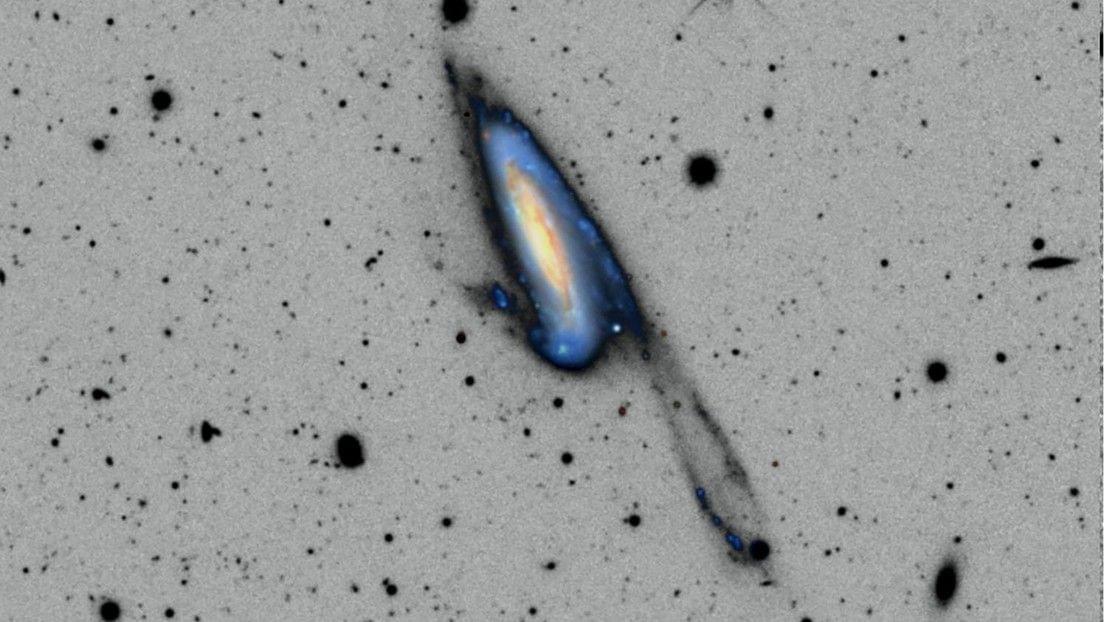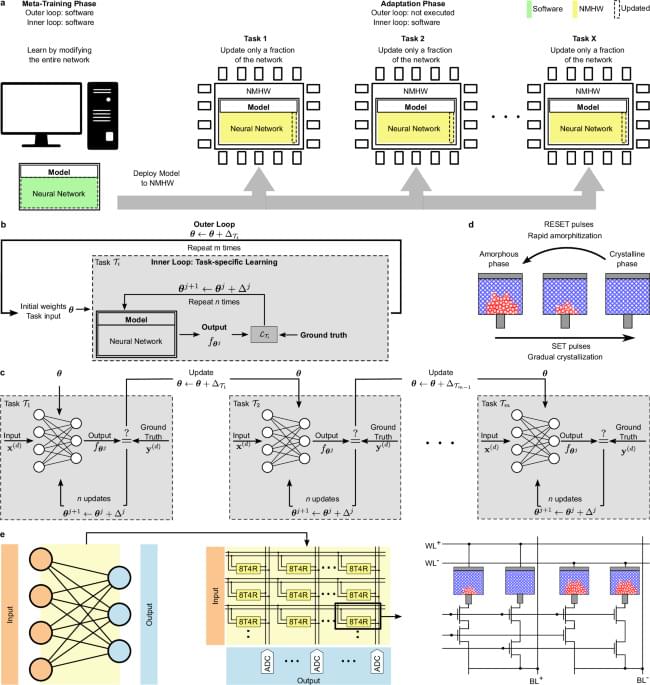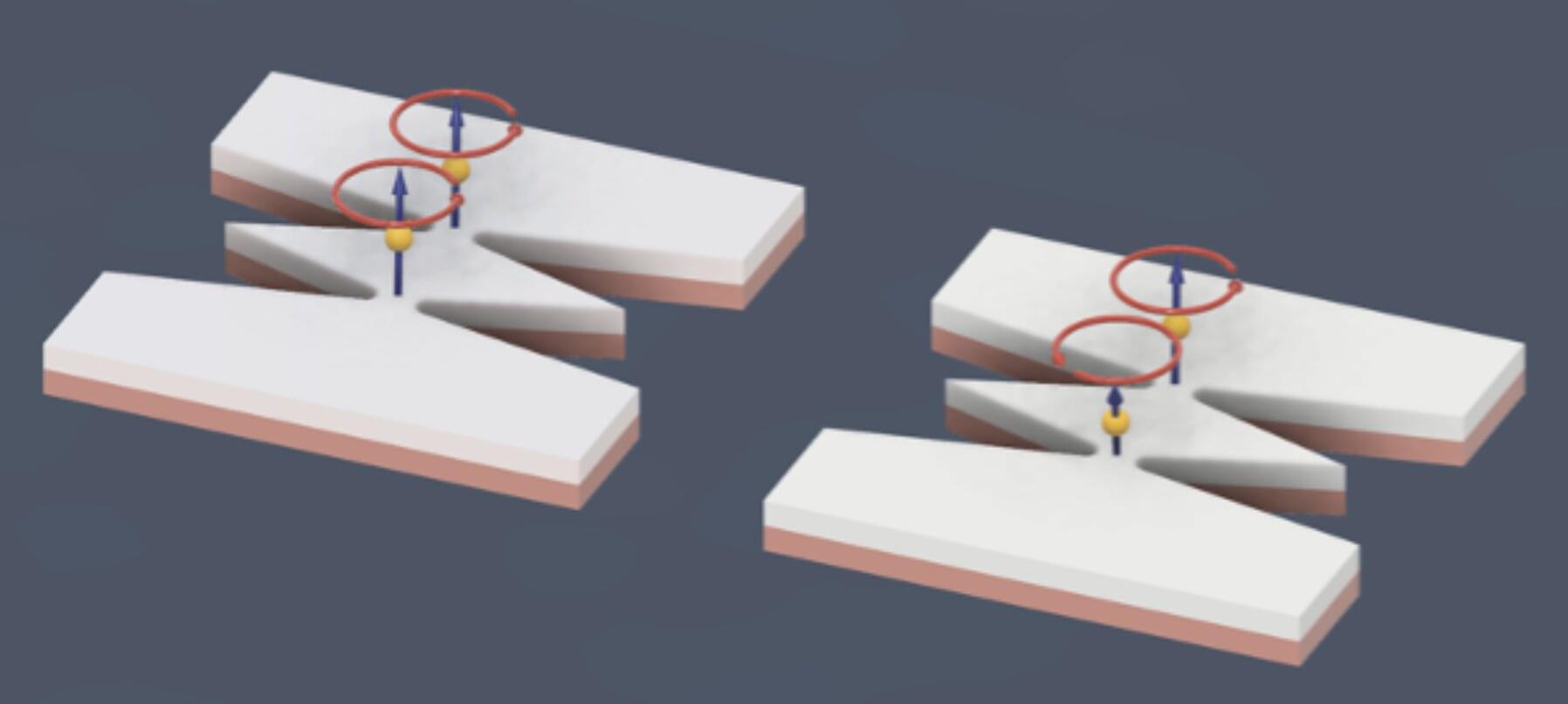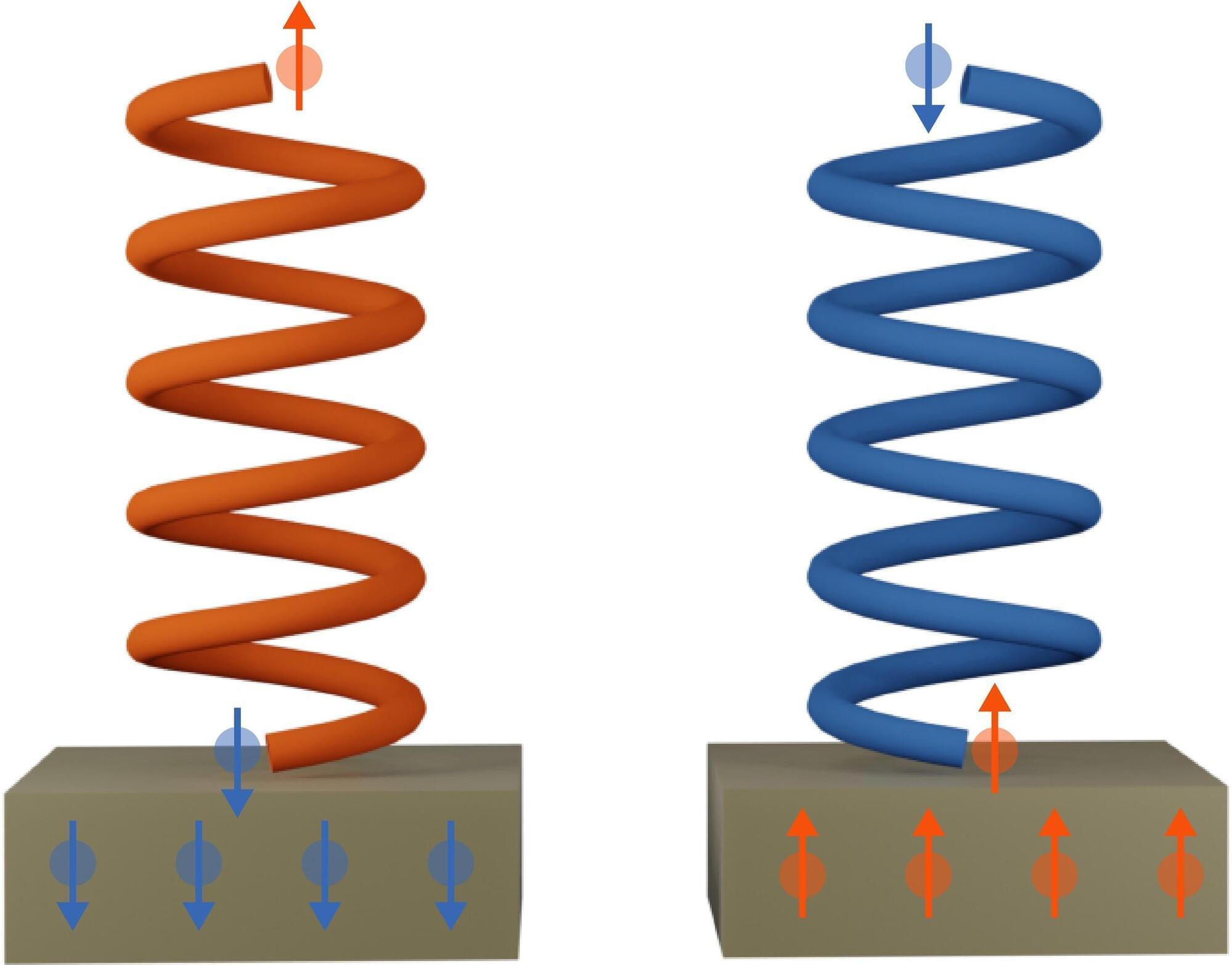The person in the video is Su Ji, the founder of Garage Café. After struggling to keep his business afloat, he turned to smuggling high-tech products from the US and created a platform called Kunlun Nest. In another video, Su Ji continued to boast about smuggling, explaining how he bypassed US sanctions to acquire 200 NVIDIA H200 graphics cards.
Join this channel to get access to perks:
/ @chinaobserver0
#chinaobserver.
All rights reserved.
⭐You can support us at: https://donorbox.org/china-observer-s… business cooperation, please contact us: [email protected].
⭐For business cooperation, please contact us: [email protected]





